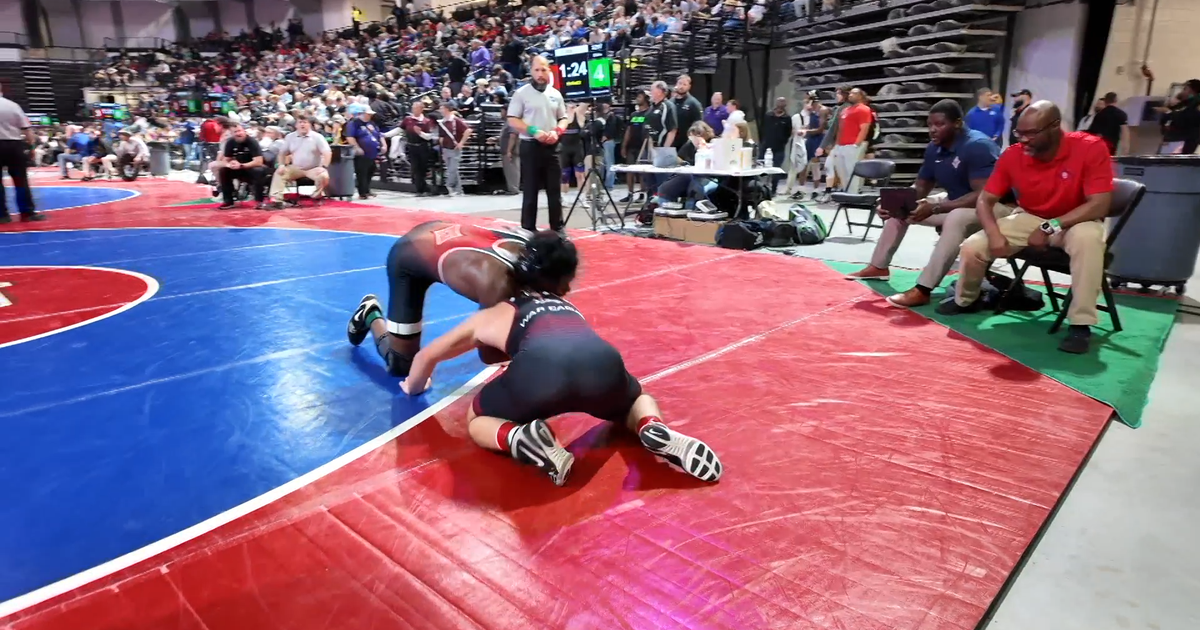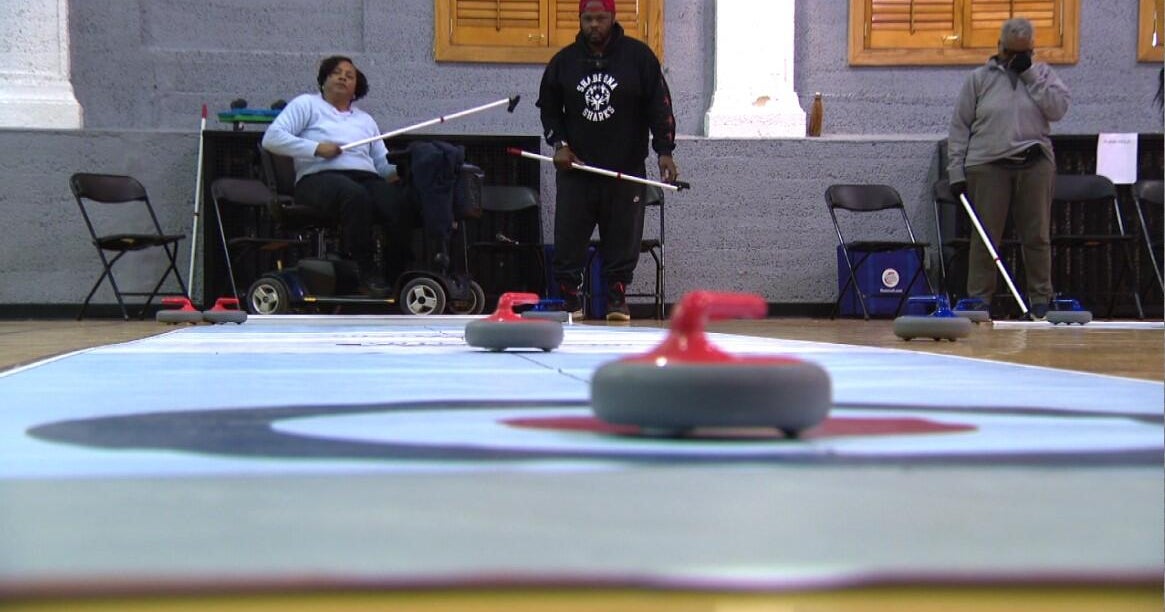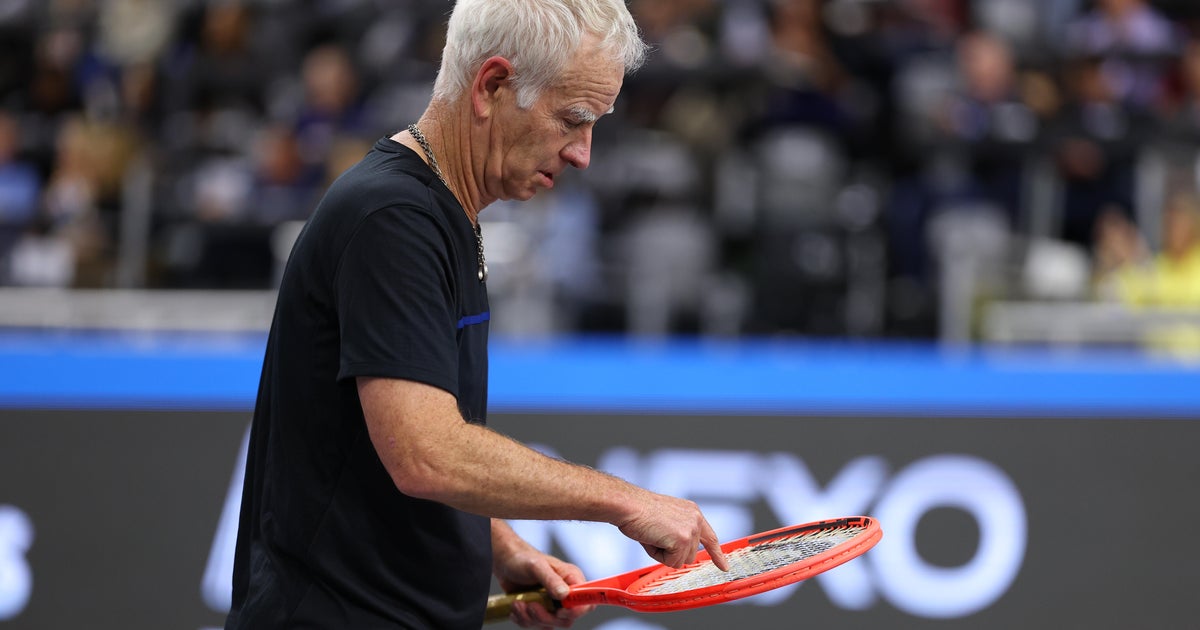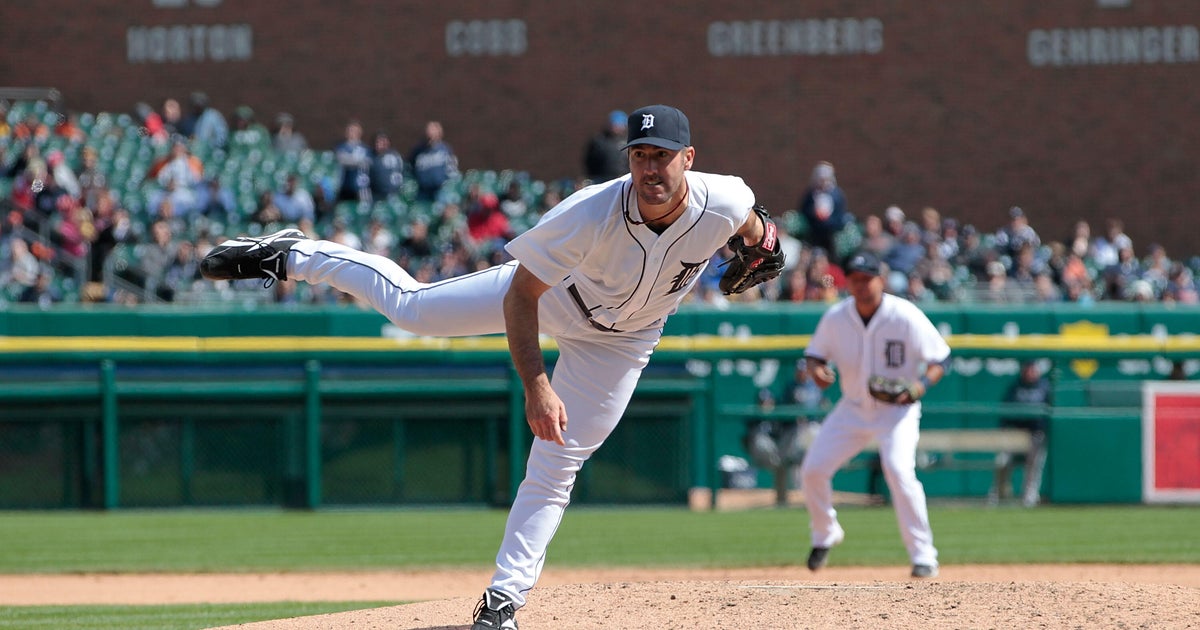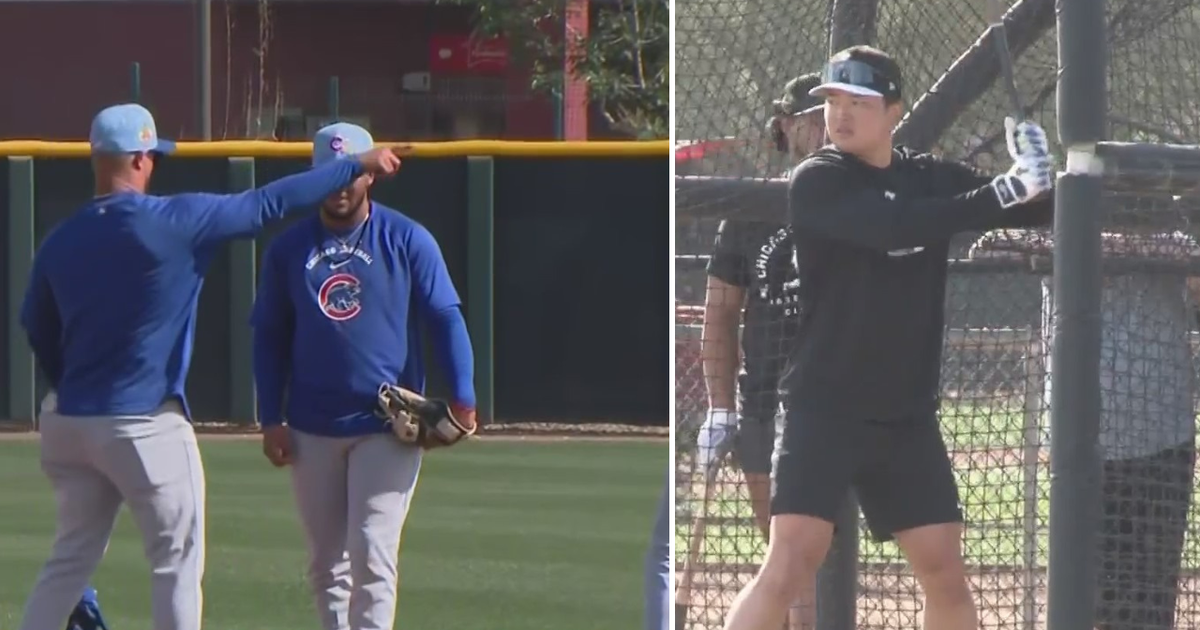Leaderboard: Will Jordan Spieth Improve With Age?
It may be true that success in sports at a young age can be a harbinger of greatness over the long haul. But all that can be guaranteed is that young players get older, not automatically better.
At 23 years of age, Jordan Spieth has accomplished enough in his young golf career to rank ahead of more than 95% of the players who ever competed on the PGA Tour. He was the second youngest (after Tiger Woods) to gain number-one status. He has two career majors and nine total wins on the PGA Tour. His run through the four majors in 2015 -- Masters 1st, US Open 1st, Open Championship T4, PGA Championship 2nd -- is better than any player competing today, save an injured Tiger Woods. And his character stands as a model for what the Tour wants the public to see in their marquee names.
It was unrealistic to expect him to even approach what he did in the 2015 season, but not unreasonable to wonder how dominant he could become as he built on his game. In the last 18 months, Spieth has shown more of a decline than a progression. His three tournament wins in that time, second only to Dustin Johnson, is the envy of everyone else on Tour, but the slide in the majors since his back-nine car crash at the 2016 Masters has been unexpected. His last four major starts have all been out of the top 10.
>>MORE: Leaderboard
Consensus thinking was the Spieth we saw in 2016 was fatigued from the enormous strain of playing in contention through the entire previous summer, and the strain of cashing in on his success during what ordinarily would have been his R&R time of the year. Through most of last year his game was erratic from tee to green, with only his magic putter keeping him high on leaderboards.
Given a normal offseason to heal his mind and his game, Spieth seemed likely to return to his anticipated self in 2017. His win at Pebble Beach early in the year reinforced that expectation with strong stats. Now, with his back-to-back missed cuts at the Players and AT&T Byron Nelson, Spieth-watchers aren't sounding alarm bells, but they are concerned. His numbers deserve scrutiny.
In 2016 he was 123rd in fairways hit and 145th in greens in regulation. The fact that, despite those numbers, he was third in birdie average for the year was testimony to his putter. In 2017 he has somewhat flipped the script. He still ranks outside the top 100 in driving accuracy (112th), but he has erased that weakness with a second-place ranking in greens in regulation. Those numbers stack up favorably against his peak year in 2015, when he was 80th off the tee but only 49th in GIR.
It's when the young Texan reaches the putting surface that the ebb in his game is revealed. That run in '15 rode a putter that saw him combine the nearly perfect combo. He was second in lag putting for the year and a mad bomber from 15-25 feet, the best in the game. The end result: Spieth was the statistically the game's best putter that year.
Last year the numbers were largely the same, with one glaring exception. His approach putting slipped to 51st on Tour. To date this year, the erosion in his greens scoring shows a shocking decline. His approach putting still ranks high on Tour (16th) but those dramatic long conversions from 15 feet or greater have waned considerably. The total now has him ranked 92nd in putting, averaging a little over a putt more each round than in 2015.
That may not sound like a catastrophe, but consider that it is four strokes higher per tournament. And those four strokes can be the difference between top 20s and wins. Spieth is well aware.
In his glory seasons, Tiger Woods would all but boycott the West Coast swing on Tour, hinting the bumpy rides on that region's Poa annua greens would poison his putting confidence for the year, particularly from short range. Spieth regards Florida's Bermuda putting surfaces as kryptonite to his putter and has used the Tiger scheduling embargo as a preventive.
In '15 and '16, he had only three Florida starts each year, including a WGC event at Cadillac and the Players. This year he skipped Cadillac in its move to Mexico, and the Players became his only Sunshine State stop -- a total of seven appearances in three years.
After his third MC at Sawgrass, Spieth's analysis centered on the greens. "These greens get pretty crusty and, historically, whenever firm Bermuda or greens are crusty, to where it's tough to set the putter down, I just struggle with my alignment, and it just kind of throws me off."
Armed with a new putter at the Nelson, and away from Bermuda, Spieth produced the same outcome: the weekend off. But he also has an evolving theory of his decline on the greens. "Just got to figure out my putting and getting through the ball. I'm just not -- I'm standing over it, and I don't feel like I've got a stroke that's producing contact at the right time, and I put in a lot of work this week."
Colonial this week may be the elixir to boost his putting confidence needs. The last two starts produced a second and a win. But if the opposite occurs, and the struggles continue, there could be sirens to a youthful crisis.
Dan Reardon has covered golf for radio station KMOX in St. Louis for 33 years. In that time, he has covered more than 100 events, including majors and other PGA, LPGA and Champions Tour tournaments. During his broadcast career, Reardon conducted one-on-one interviews with three dozen members of the World Golf of Fame. He has contributed to many publications over the years and co-authored the book Golf's Greatest Eighteen from Random House. Reardon served as Director of Media relations for LPGA events in both St. Louis and Chicago for 10 years.
